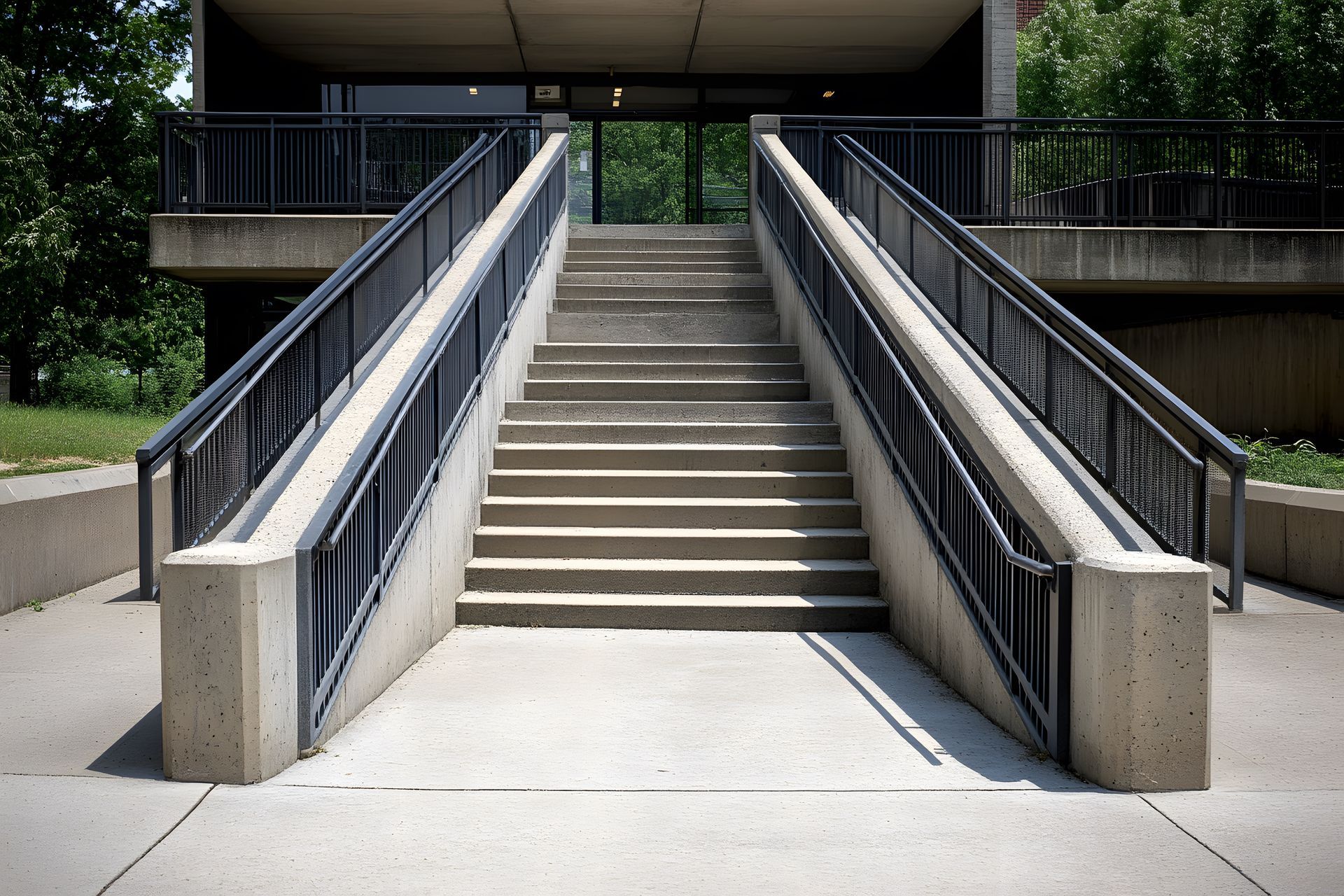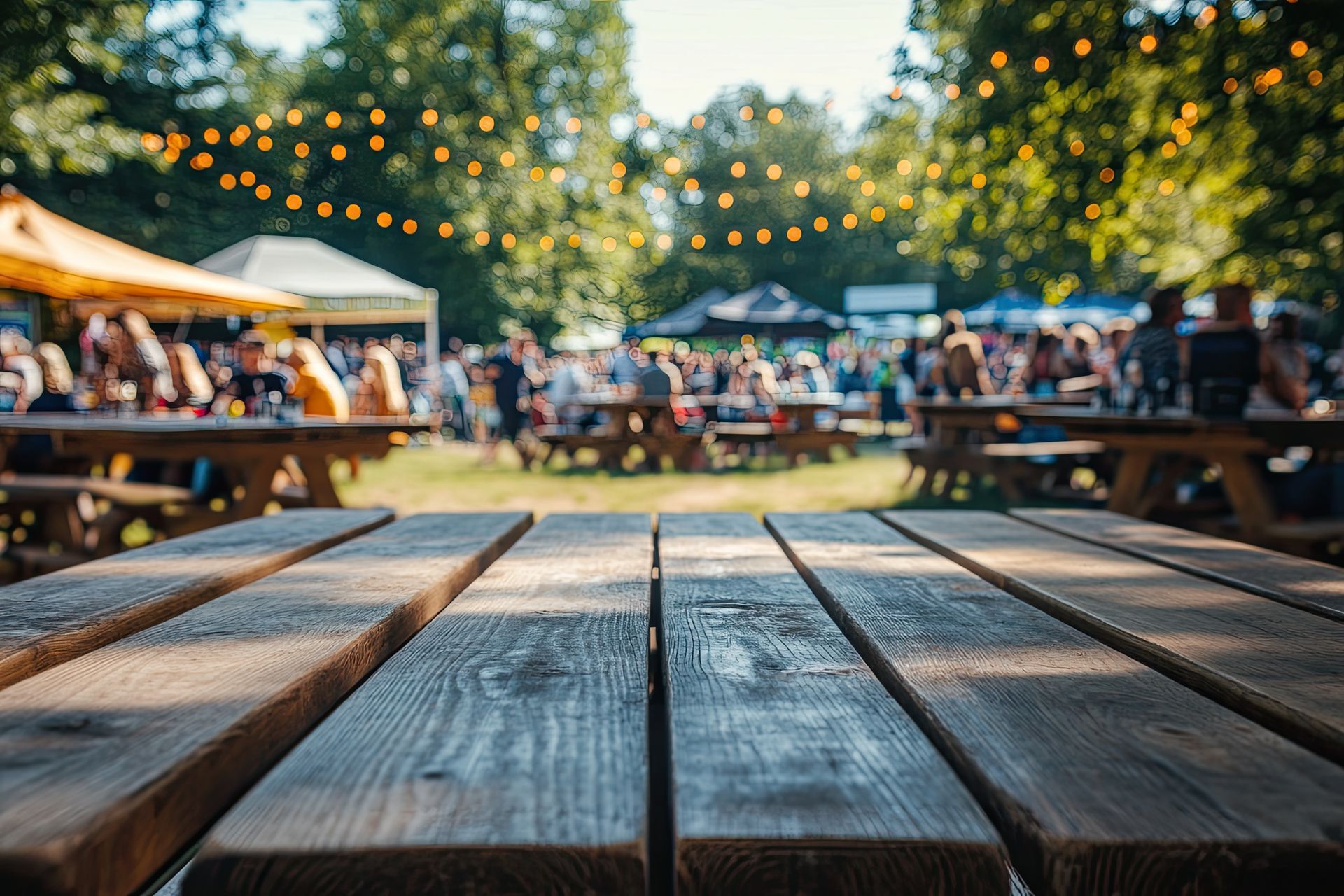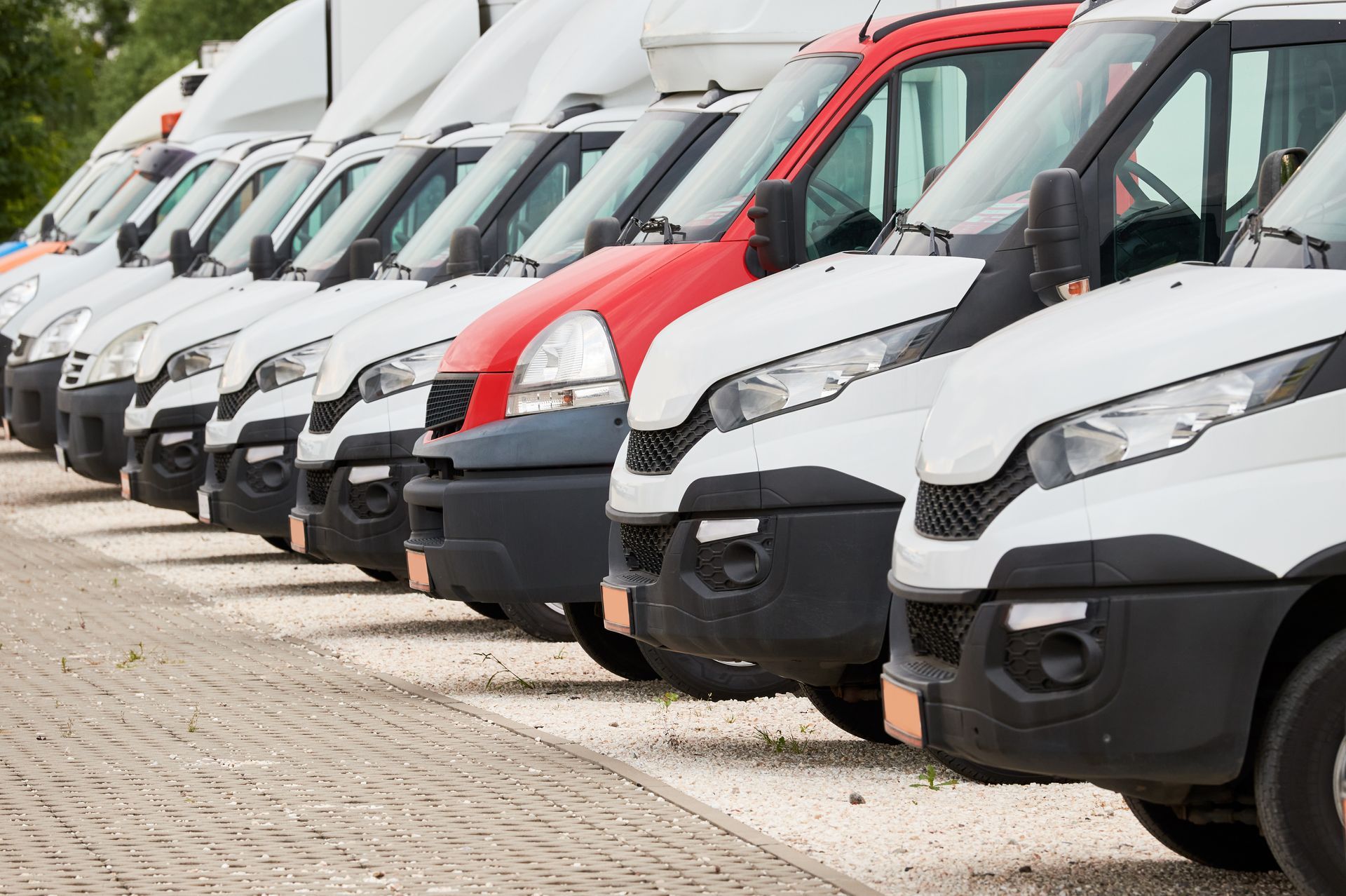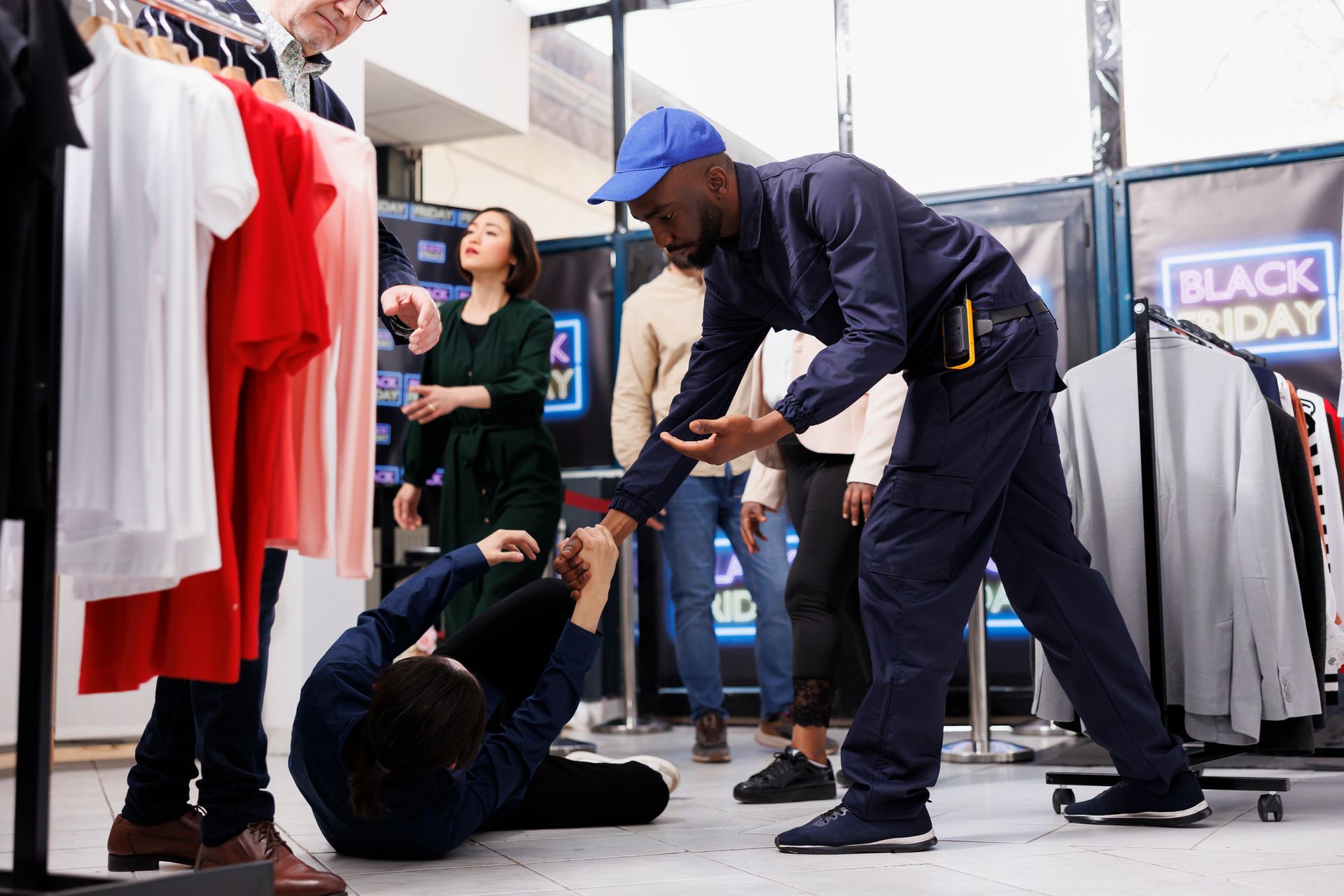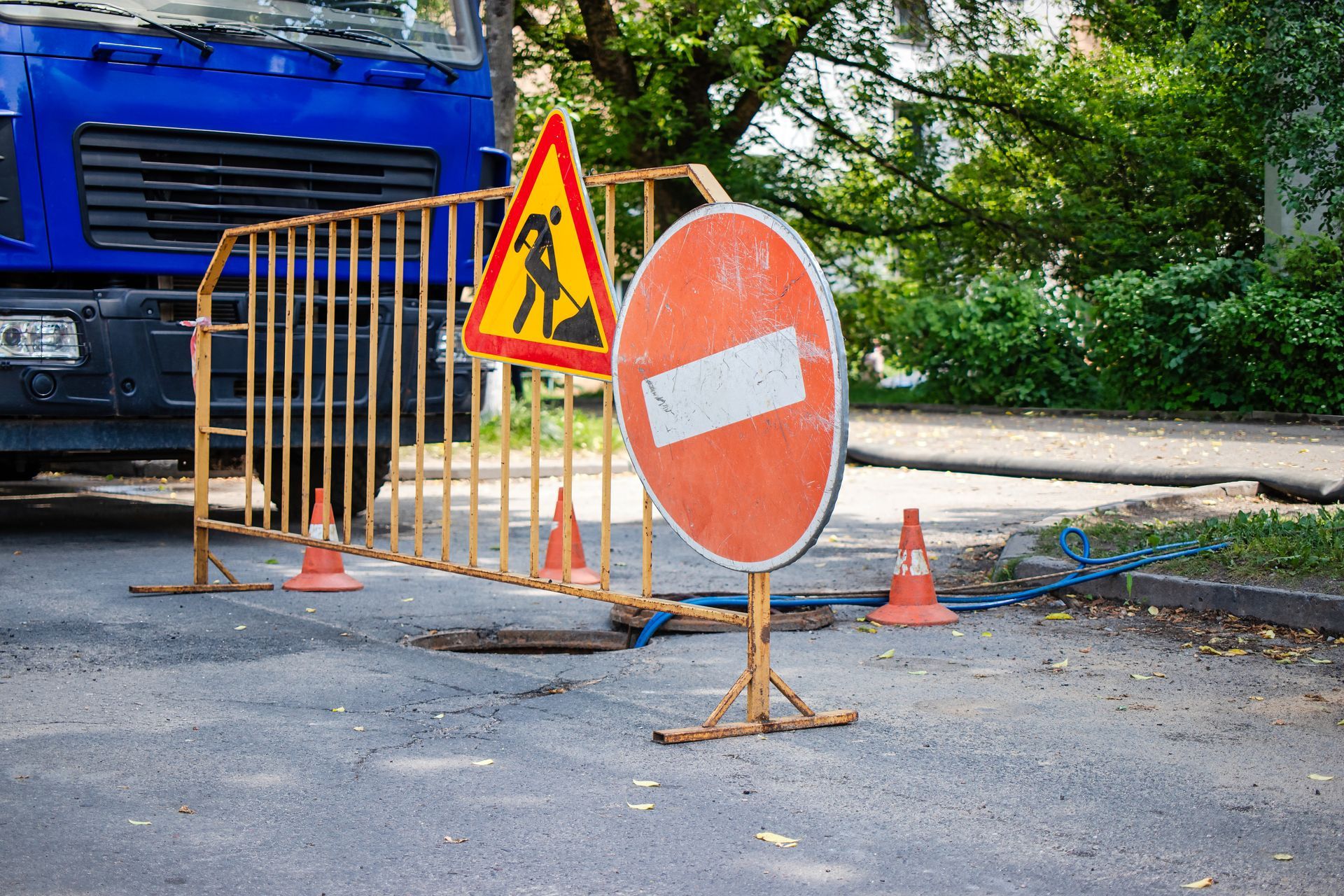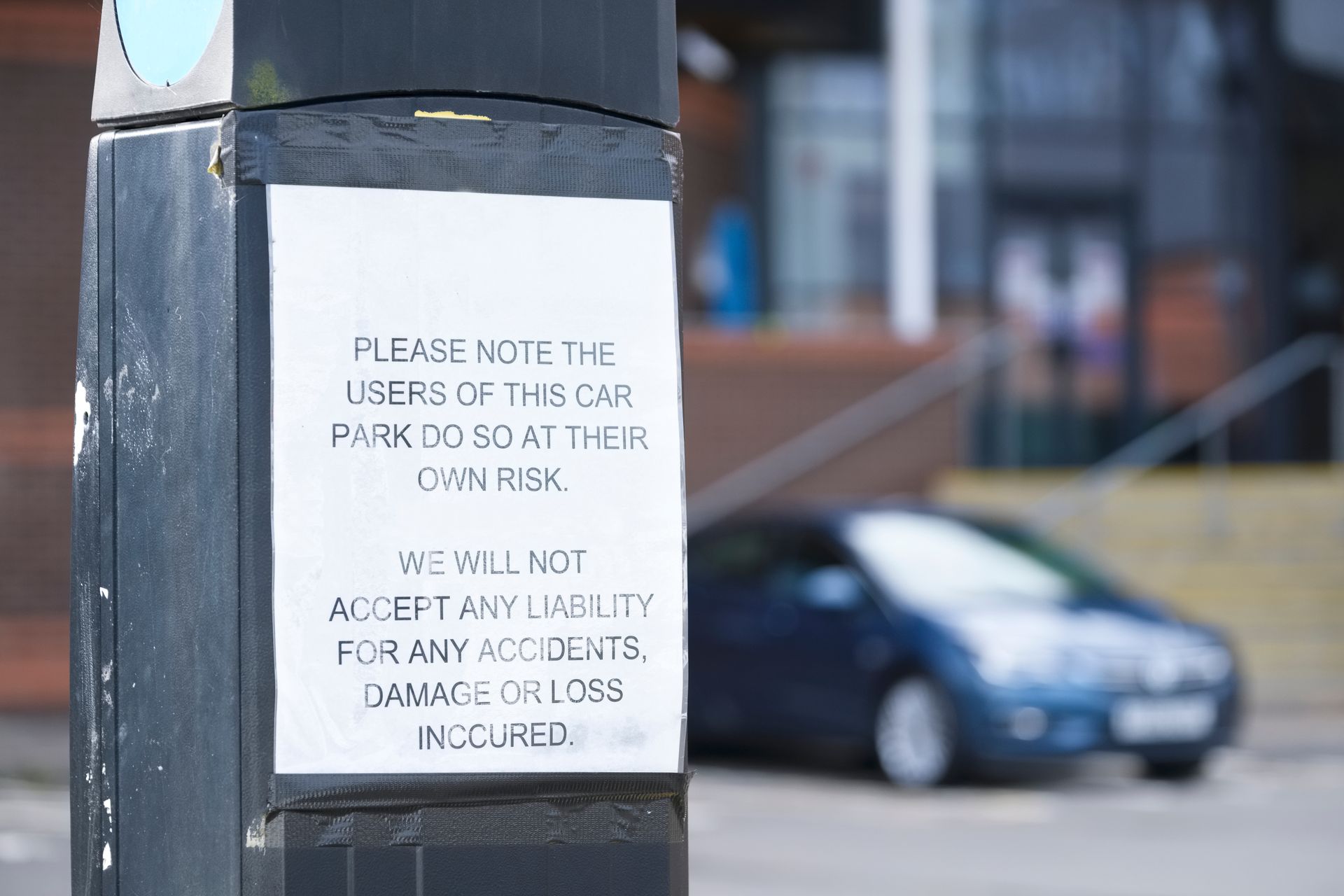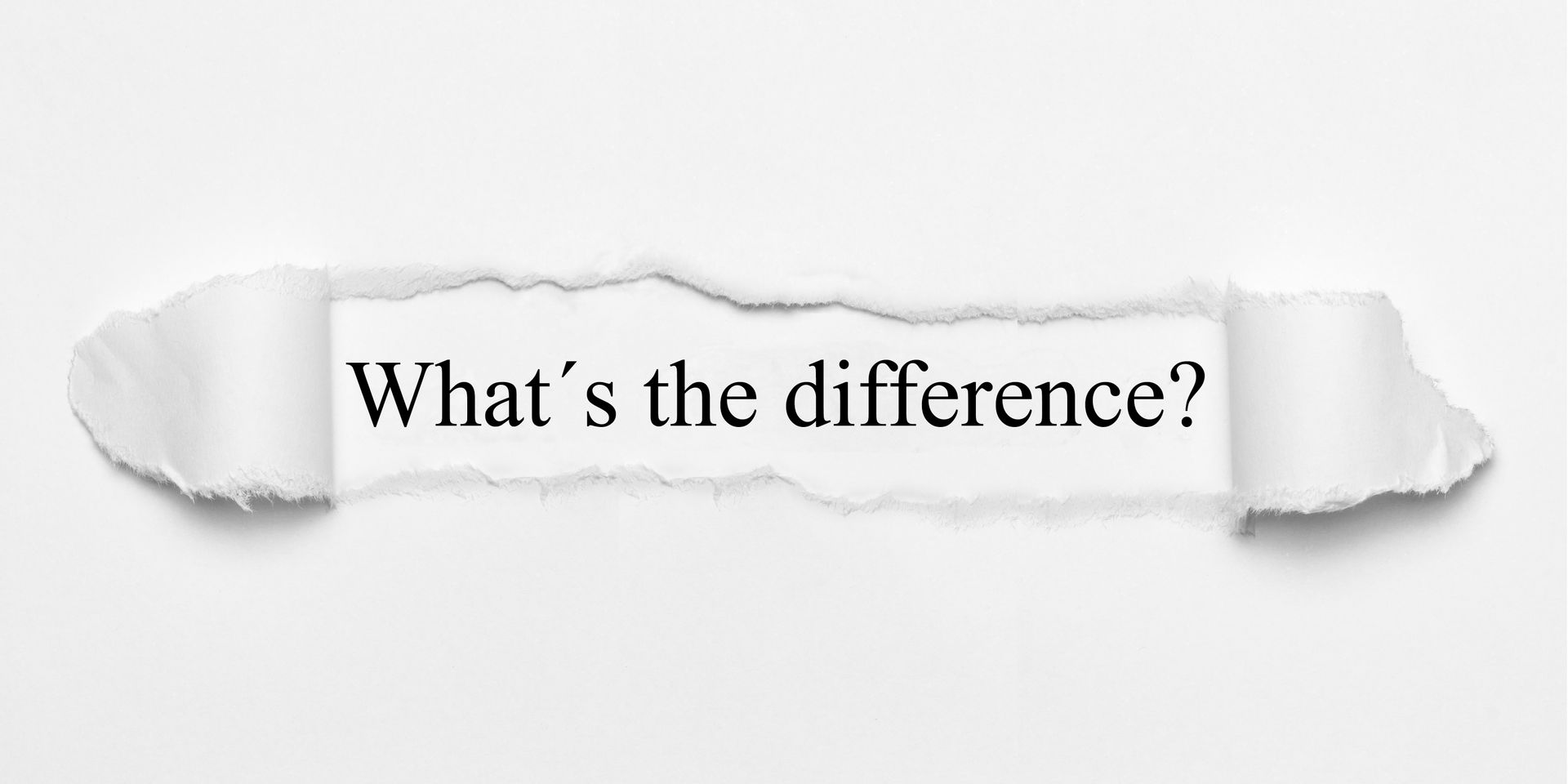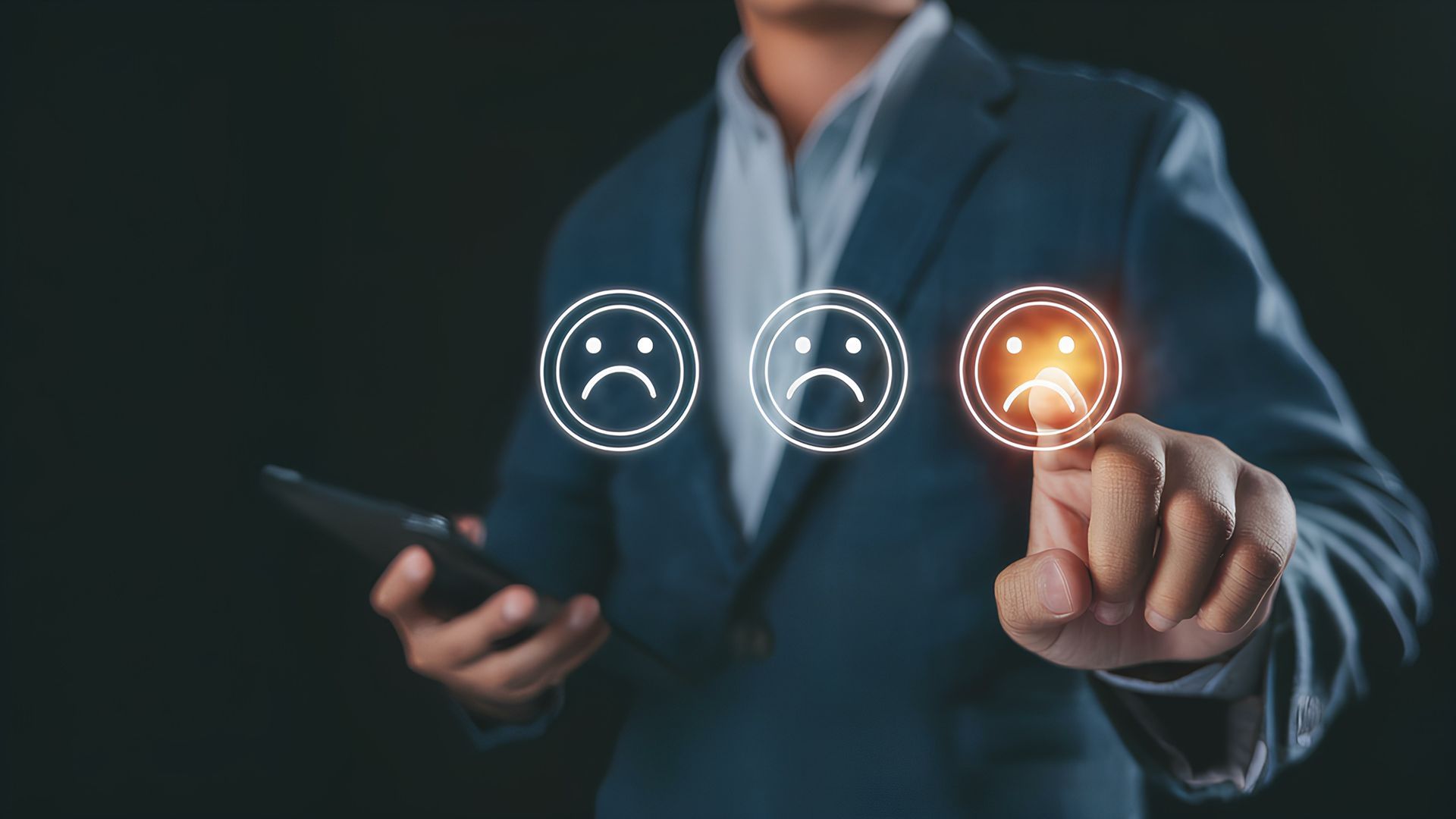Blog

Premises liability is a critical area of law for small businesses, as it pertains to the responsibility of property owners to maintain a safe environment for visitors.
Premises liability claims can jeopardize the future of a business in many ways, from payouts to injured parties and increased business insurance premiums to reputational damage and lost productivity. Businesses can protect themselves from potential claims and lawsuits by enforcing strict safety practices, cleaning standards and emergency procedures.
When Might a Premises Liability Claim Arise?
This area of law covers various types of accidents and injuries that occur on a property due to unsafe conditions. Premises liability claims can arise from things like slip and fall accidents, inadequate maintenance, defective construction or inadequate security.
Premises liability claims are intentionally difficult to prove. Courts and insurance companies want to discourage fraudulent claims or claims brought by people who caused their own injuries.
Plaintiffs must establish several key elements if they want their claim to succeed:
- Property owners have a duty of care to maintain their premises in a reasonably safe condition, with this duty varying based on the visitor's status—whether they are an invitee, licensee or trespasser. A breach of this duty occurs when a property owner fails to prevent, fix or properly warn visitors of hazardous conditions.
- For a claim to be valid, there must be a direct link between the hazardous condition and the injury sustained by the visitor, demonstrating causation.
- The injured party must prove they suffered actual harm, which could include physical injury or financial loss, as a result of the hazardous condition.
Common Types of Premises Liability Claims
- Slip and Fall Accidents:
These are among the most common premises liability claims. They occur when visitors slip, trip or fall due to unsafe conditions such as wet floors, uneven surfaces or cluttered walkways.
- Inadequate Maintenance: Failure to maintain property in good condition can lead to accidents. Some examples include things like broken handrails, faulty wiring, falling ceiling panels and malfunctioning elevators.
- Defective Conditions: Claims can arise from inherent issues with design, construction or installation of features on a property, like uneven steps on stairs or improperly installed flooring causing trips.
- Inadequate Security: Businesses may be held liable if they fail to provide adequate security measures, leading to incidents such as assaults or thefts on the premises.
Best Practices for Preventing Premises Liability Claims
- Regular Inspections:
Conduct routine inspections of your property to identify and address potential hazards. This includes checking for slip and trip hazards, ensuring proper lighting and maintaining safe conditions in all areas.
- Prompt Repairs: Address maintenance issues promptly to prevent accidents. This includes repairing broken fixtures, fixing uneven surfaces and replacing damaged equipment.
- Clear Signage: Use clear and visible signage to warn visitors of potential hazards, such as wet floors or uneven surfaces. If injuries do occur, showing that clear warning signs were in place can be important for a business’s defense against an injury claim or lawsuit.
- Employee Training:
Train employees to recognize, report and address potential hazards before incidents occur. Ensure they understand the importance of maintaining a safe environment and following safety protocols.
- Incident Documentation: Document any incidents or accidents that occur on your property. This includes filling out accident reports, gathering witness statements, taking photos of the scene and recording details of the incident. Proper documentation can be crucial in defending against liability claims.
- Safety Policies: Develop and enforce safety policies for your business. Train employees on formalized procedures for addressing hazards, handling customer complaints and responding to accidents.
What to Do if an Accident Occurs
- Provide Assistance:
Make sure that the injured party receives appropriate medical attention. If necessary, call emergency services.
- Gather Information: Collect relevant information about the accident, including witness statements, photos of the scene and details of any conditions that contributed to the incident.
- Notify Your Insurance: Report the incident to your insurance provider as soon as possible.
- Consult with Legal Counsel: Seek advice from a legal professional experienced in premises liability. They can help you navigate the claim and protect your interests.
Manage Your Premises Liability Issues With Our Atlanta Business Liability Defense Attorneys
For businesses seeking expert guidance on liability claims, our commercial litigation attorneys at the Law Office of Cameron Hawkins in Atlanta are here to help.
Contact us today to schedule your free, no-obligation case evaluation or give us a call at 678-921-4225.

